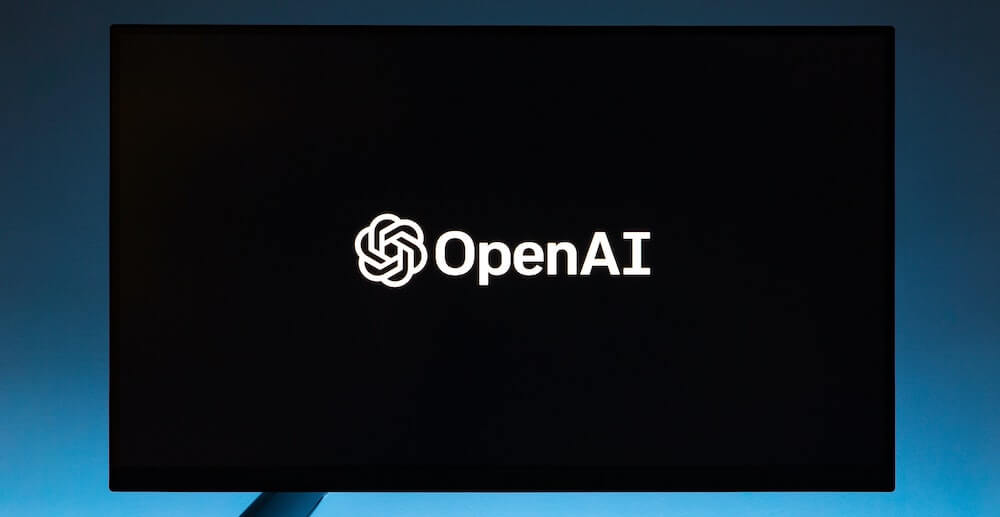Invest in IT and Increase Your Company’s Value
Co-Authors:

Kristin Johnson, Market Development Director, Managed Services, Atlas Professional Services

Scott Young, President, and Principal Consultant, Highpoint CFO
Overview
This article explains how your IT infrastructure purchases can increase your company’s value. Our goal is to help you make sure your IT expenditures are an investment in your company that leadership teams value and understand.
For example, setting up a remote workforce can require a costly investment in laptops and security software. If you are thinking about selling your business in the next few years, does it make sense to spend that kind of money?
A Buyer’s Perspective
To understand how to avoid wasting money with your IT infrastructure spending, let’s look at it from the buyer’s perspective. A buyer of your business is primarily interested in two things:
- The future cash flows they can expect to receive from your business
- The risk that those cash flows will be different than expected
A simplified version of the valuation formula a buyer may use is as follows:

Let’s simplify this even further, from a buyer’s point of view: Future cash flow is good, and risk is bad. If the buyer sees too much risk in your business, they will offer you a low purchase price or look elsewhere.
What is Risk?
To understand risk, recognize that a buyer wants to purchase a business with transferability, predictability, and sustainability. You may think your business has all of these things in place. It has provided you with a good income for many years, it’s growing, and it has good employees. That may be true, but let’s look at how a buyer might evaluate your business.
A prospective buyer will look at your business’s critical areas to see if you have transferability, predictability, and sustainability. These key areas include:
- Planning
- Leadership
- Sales
- Marketing
- People
- Operations
- Finance
- Legal
For example, you may have sales that are increasing every year. But, if you are the primary salesperson without a reliable sales team under you, can the buyer count on the business’ sales success to continue once you are no longer at the company? Or if you have great employees but don’t have formal employee agreements in place, will they stay after you sell the company?
You can see how each of these critical areas enter the price a buyer is willing to pay for your business or how it may make them look for other opportunities.
What Does This Have to Do With Laptops?
So, what does this have to do with your decision to purchase IT equipment? How you set up your IT infrastructure can either introduce additional risk to your company or an investment in your company that is marketable and valuable.
Investing in your company doesn’t mean spending more than you otherwise would; it means making decisions that solve your IT problems in a way that makes your business more transferable and sustainable. Even if you aren’t planning to sell your business for ten years, building a marketable company starts today.
Case Study: Going Remote
To illustrate, let’s look at an example of a decision facing many small and medium-sized businesses. Let’s assume we have 50 employees, and 40 of them will work remotely to keep your business going through COVID. What are our options for IT equipment?
Go With The Lowest Bidder?
Your initial thought might be, “How can we equip our team as inexpensively as possible?” The hit to your bottom line will be minimal. And when investors look at your historical financials, they will see more profit. Greater profitability generally means a higher valuation. It’s a win/win, right?
This approach looks at only half of the picture. It considers only the cash flow part of the equation, and not the risk involved.
To a buyer, providing remote workers with the least expensive IT infrastructure option may be perceived as a significant amount of risk. The valuation equation is such that even small increases in risk have a sizeable negative impact on the value of the company.
With security and data breaches becoming more prevalent, laptops at each remote location (if not appropriately managed and secured) are open to significant risk. How much of your sensitive customer and human resource data is exposed by these remote laptops? When an employee leaves, how do we know they aren’t taking our customer pipeline?
These are just a few examples of concerns in the mind of the buyer. With too many risks in this area, a buyer will likely offer you a lower price for your business or walk away from the deal.
Or Make an IT Investment?
Investing in your IT infrastructure doesn’t necessarily mean you have to spend more money. It just means you need to get the most benefit from the dollars you spend.
Statistics show that an appropriate spend on IT is anywhere between 10-20% of total revenue, depending on the industry. So, how can you make your IT expenditures an investment that increases your long-term valuation?
Step One: Assess your industry’s overall risk. Are you housing sensitive healthcare information? Proprietary manufacturing plans? Financial information? If the answer is “yes” to any of those questions, you likely need to take the security of your network very seriously and make this a significant portion of your IT spending.
Step Two: Take stock in the quality of your network and equipment. Are you housing data on antiquated equipment that could fail (or worse, experience a breach) and put your operation at a stand-still? Are your employees using dated technology that slows down productivity? If the answer is “yes” to either of those questions, then updating equipment will likely increase efficiency and make buyers feel confident in your IT dollars spent.
Other Ways You Can Make Your IT Expenditures an Investment
- Purchase extended warranties for equipment, so you get the full return on investment for the lifecycle of the products.
- Rather than cobbling together multiple products, choose security software that encompasses several cyber components in one license.
- Buy licenses in bulk for a discount, when available.
- Roadmap important and expensive equipment/licensing purchases, so you aren’t hit with large capital investments all at once.
Summary
IT investments that includes steps to mitigate risk will increase your company’s enterprise value.
About
Celebrating 15 years this year, Atlas Professional Services provides outsourced IT managed services to mid-sized businesses in all sectors. Concentrating on relationship-based services while providing advanced technology solutions, they are headquartered in Tampa, FL, and serve clients globally. Kristin Johnson, Market Development Director, contributed to this article.
Highpoint CFO is a CFO consulting firm based in Tampa, Florida, that serves clients throughout the US. Scott Young is the President and Principal Consultant at Highpoint CFO. He is a CPA, Certified Merger & Acquisition Advisor (CM&AA), and Certified Value Growth Advisor (CVGA) with over 25 years of experience in finance and accounting at industry-leading companies.





